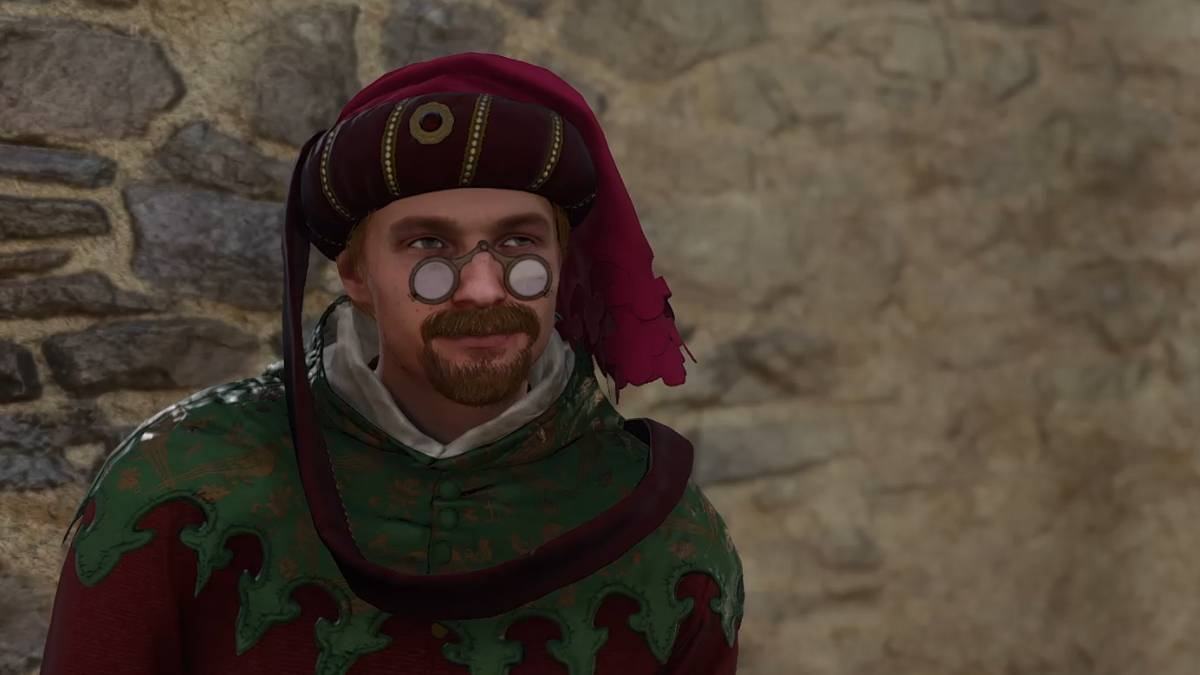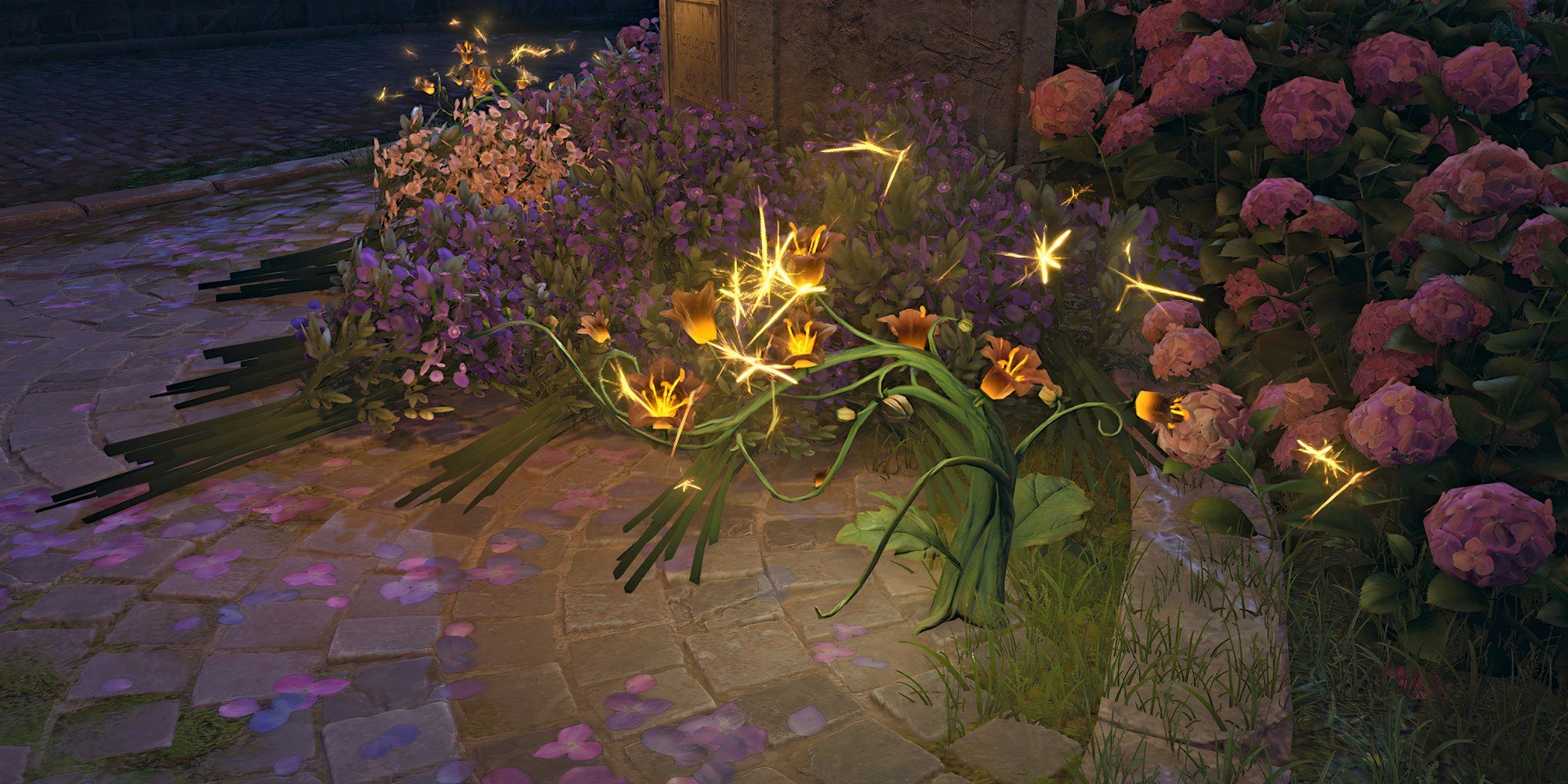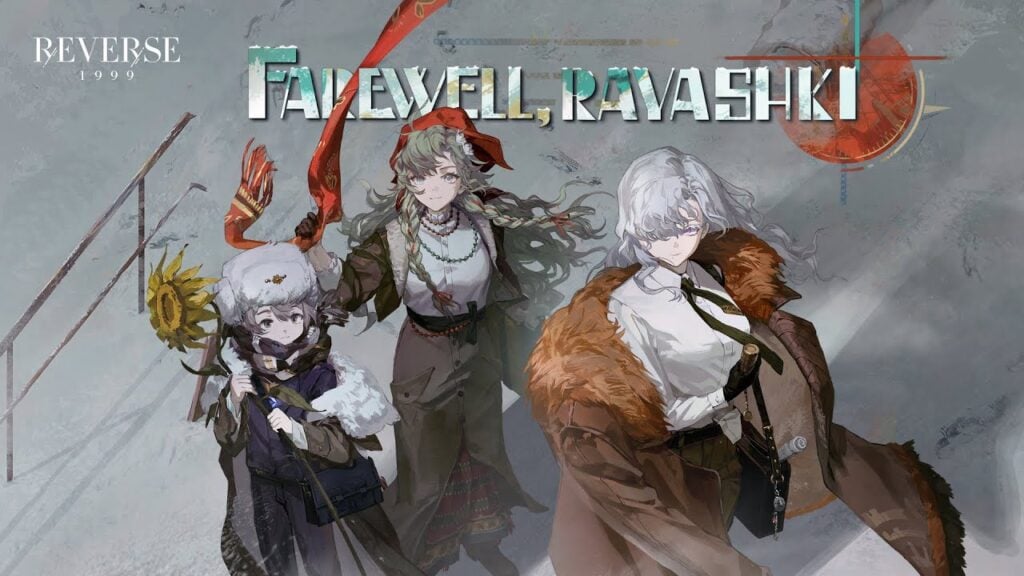The God of War series has been a PlayStation mainstay for four console generations. Kratos' vengeful journey, beginning in 2005, has defied expectations, thriving where other long-running franchises faltered. This longevity stems from a willingness to adapt. The pivotal 2018 reboot, transplanting Kratos from Ancient Greece to Norse mythology, dramatically altered presentation and gameplay. Yet, even before this acclaimed shift, developer Sony Santa Monica subtly refined the series, ensuring its continued success.
Reinvention remains crucial for God of War's future. Director Cory Barlog hinted at potential Egyptian and Mayan settings, and recent rumors resurface this Egyptian possibility. Ancient Egypt's rich culture and mythology make it an enticing prospect. But a new setting is merely the beginning; future installments must reinvent themselves, much like the transition from the Greek trilogy to the acclaimed Norse games—building upon what worked while innovating.
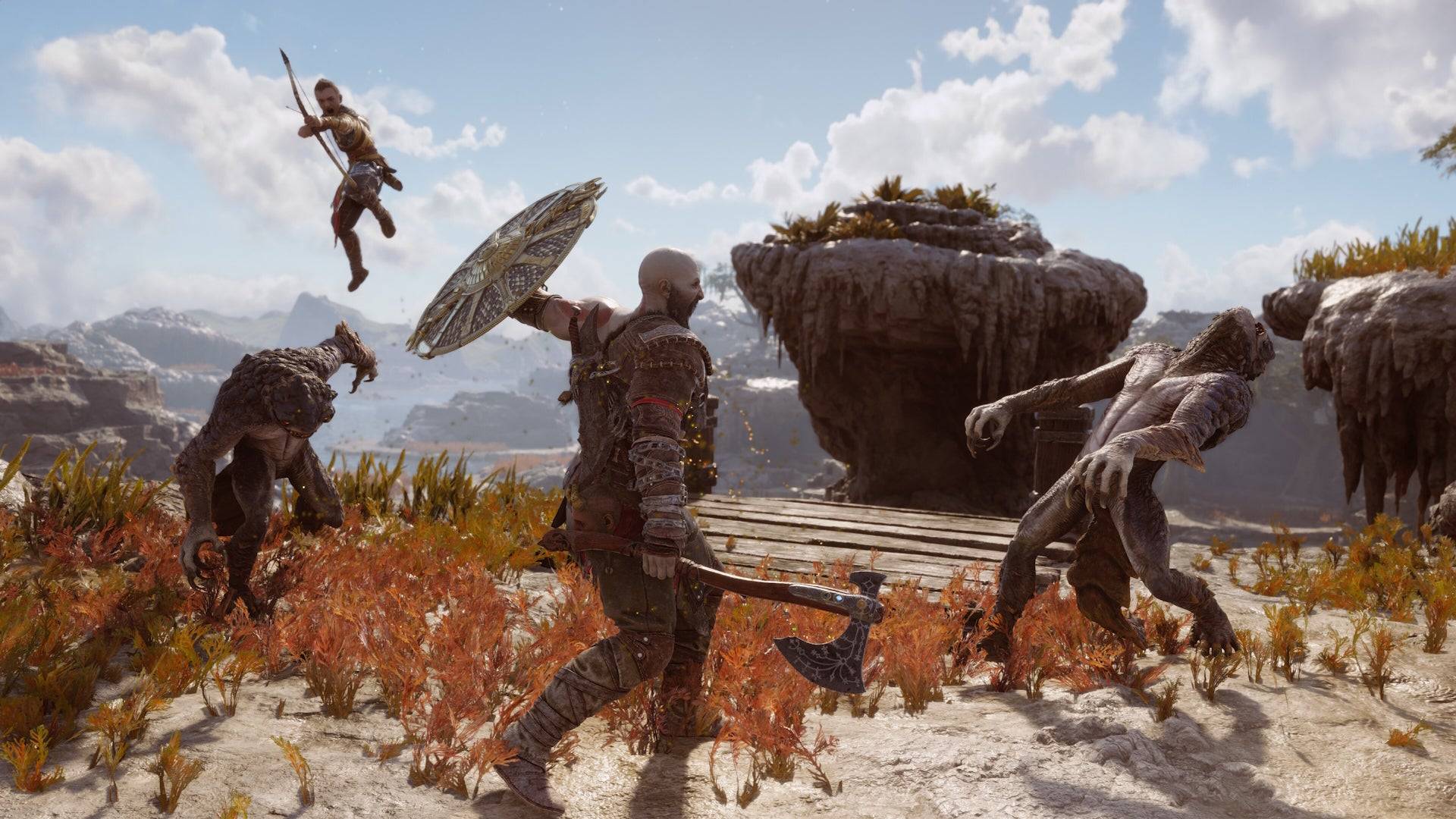
The Greek trilogy, spanning a decade, progressively refined its hack-and-slash gameplay. By God of War 3, Kratos wielded a revamped magic system complementing melee combat, facing diverse and challenging enemies. The PlayStation 3's enhanced power enabled improved camera angles, showcasing the game's graphical prowess.
The reboot, however, sacrificed elements of the original games. The Greek trilogy's platforming and puzzles were largely absent in the Norse games, due partly to the new over-the-shoulder camera perspective. Puzzles persisted, but were redesigned to suit the adventure-focused approach.
Valhalla, the God of War Ragnarök DLC, notably revived battle arenas—a feature from the original series—adapted for the Norse setting. This mechanical and narrative return to Greek roots, with Kratos confronting his past in Valhalla, created a satisfying narrative arc.
The Norse games aren't mere reinterpretations. They introduced the Leviathan Axe's throwing mechanics, a shield-based parry system, and Ragnarök's fast-paced magical spear. These tools facilitated exploration of the Nine Realms, each with unique enemies and visuals.
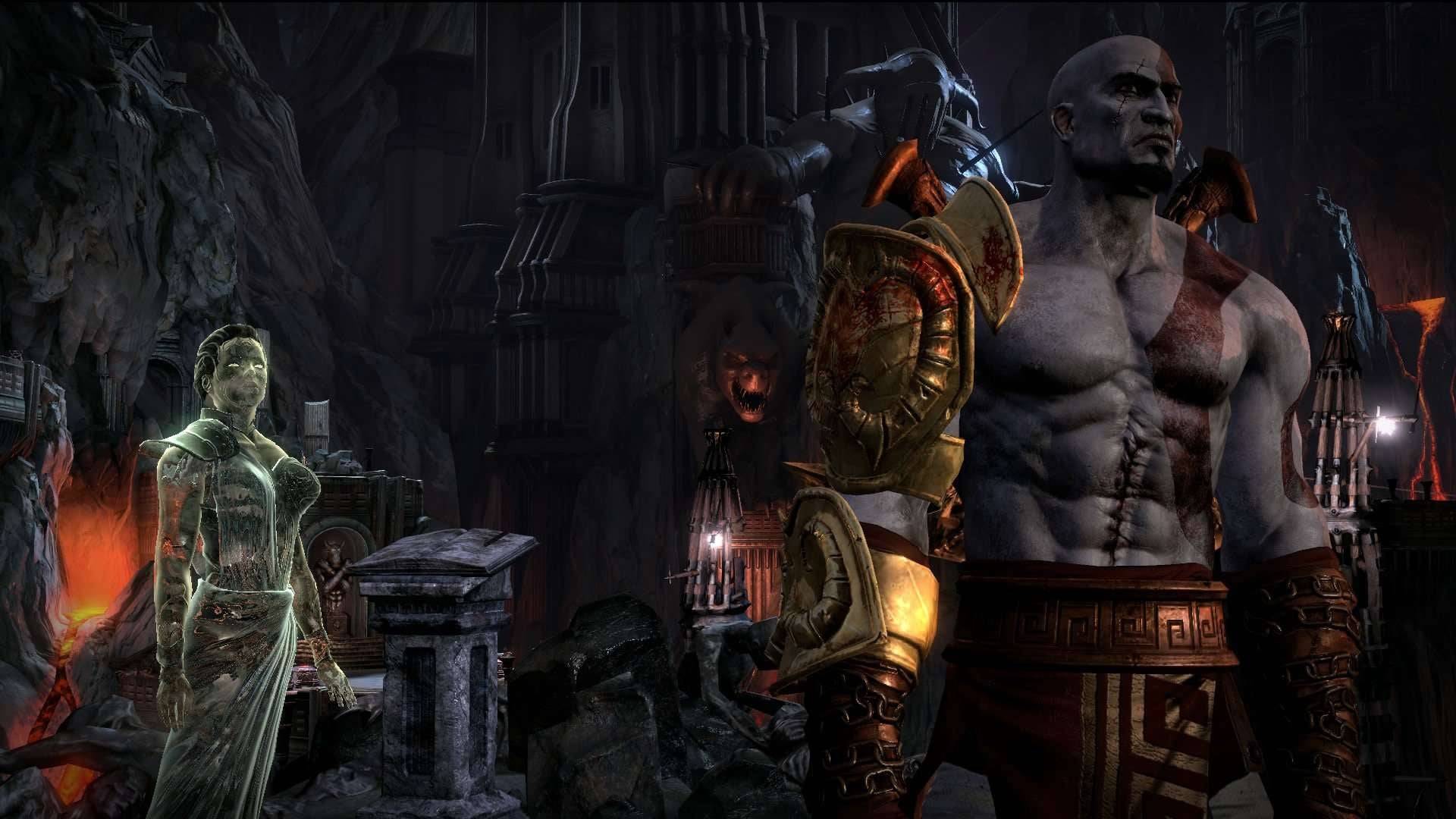
Beyond mechanics, the Norse duology dramatically altered storytelling. Kratos' grief over his wife and strained relationship with Atreus form the emotional core, a departure from the original trilogy's more brutal narrative. This emotive approach significantly contributed to the Norse era's success.
God of War's transformation reflects a unique approach to franchises. The Norse games aren't sequels, but extensions of Kratos' journey. This perspective should guide future installments.
However, radical reinvention isn't a guaranteed formula. Assassin's Creed, despite frequent setting changes, hasn't maintained consistent fan engagement across generations. The shift to open-world RPGs, while profitable, diluted the series' core lore and led to criticism regarding content bloat. Recent attempts at course correction with Assassin's Creed Mirage suggest a return to the series' roots.
AnswerSee ResultsAssassin's Creed's experience highlights the risk of abandoning a series' strengths. God of War skillfully avoided this pitfall. The Norse series, while a radical departure, preserved Kratos' appeal and the series' core mechanics. It retained the intense combat of the Greek trilogy, building upon it with new features—enhanced Rage options, diverse weapons, expanded combat options, and playable characters—without sacrificing its identity. Future installments must continue this approach.
Regardless of the Egyptian setting rumors, future entries must maintain God of War's success. While the Norse games emphasized combat, future installments will likely be judged by their narrative, a key element in the Norse duology's success. Kratos' character development, from rage-filled monster to complex father, demonstrates the importance of compelling storytelling. Future iterations must build on this strength while introducing bold, memorable changes.

 Latest Downloads
Latest Downloads
 Downlaod
Downlaod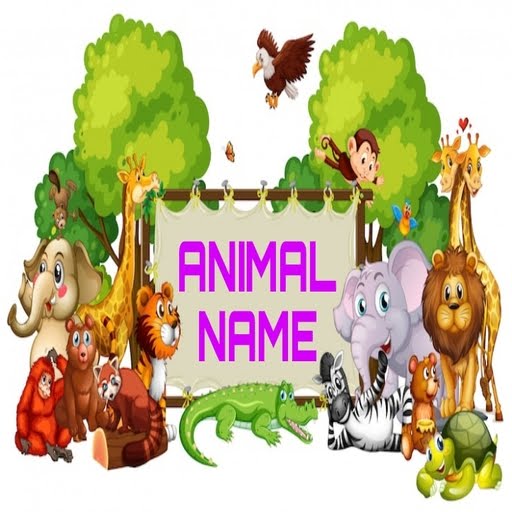
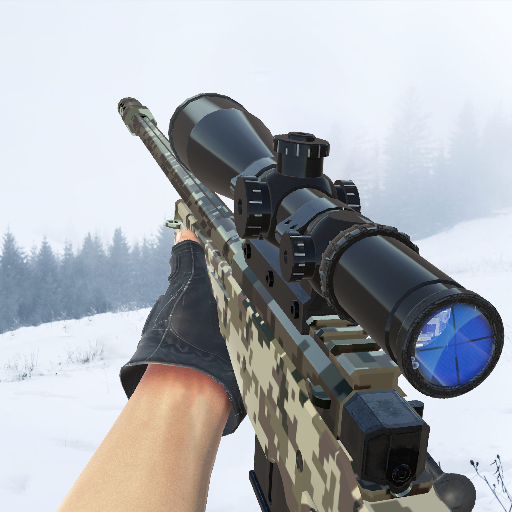



 Top News
Top News
